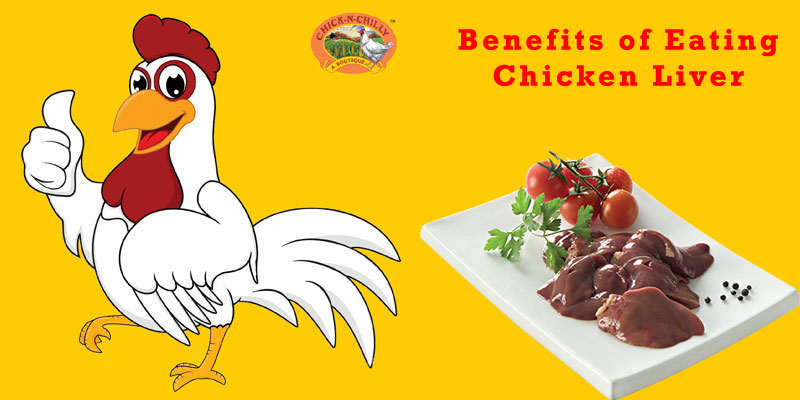When it comes to canine nutrition, the choices can be overwhelming. One delicacy that often piques curiosity among dog owners is chicken liver. While it may be seen predominantly as a human food, chicken liver is indeed a treasure trove of health benefits for dogs. Understanding its impact on canine health can reshape how we think about our pets’ diets.
Chicken liver, as an organ meat, is rich in nutrients. These nutrients can make a world of difference to your dog’s overall well-being. First and foremost, it is a phenomenal source of protein. Unlike many conventional protein sources, chicken liver offers an easily digestible form that is readily absorbed by a dog’s system. This can be particularly beneficial for dogs who require a high-protein diet, such as those that are active, pregnant, or lactating.
In addition to protein, chicken liver is brimming with essential vitamins and minerals. It is particularly renowned for its high concentration of Vitamin A, an antioxidant that plays a pivotal role in maintaining healthy vision, skin, and immune function. The presence of Vitamin A can be particularly advantageous for older dogs whose vision and immune systems may be degrading over time.
Furthermore, chicken liver is teeming with B vitamins, particularly B12, riboflavin, and niacin. These vitamins are crucial for energy production and will help maintain your dog’s vibrant energy levels. They contribute to brain function and a robust nervous system, fostering cognitive health as well. It’s notable that dogs deficient in B vitamins may display lethargy or a myriad of neurological issues; thus, chicken liver serves as an excellent prophylactic against these conditions.
Iron is another vital mineral found in chicken liver. It is instrumental in forming hemoglobin, the molecule responsible for carrying oxygen in the bloodstream. A steady supply of iron is paramount for maintaining energy levels and overall vitality. Dogs suffering from anemia may greatly benefit from the incorporation of chicken liver into their diet, as it can bolster their iron levels efficiently and swiftly.
Moreover, chicken liver contains minerals like copper and zinc. Copper aids in the absorption of iron, while zinc plays a crucial role in fostering an optimal immune response and healing processes within the body. Given the tumultuous environmental factors and pathogens canines often face, bolstering their immunity is vital for a long and healthy life.
For those concerned about the potential for overfeeding, moderation is the key. While chicken liver is undoubtedly nutritious, it should not become the sole pillar of your dog’s diet. The FDA recommends that organ meats—while healthy—should not exceed 10% of a dog’s overall diet. As such, it is essential to strike a balance with other protein sources and vegetables to ensure nutritional completeness.
The method of preparation plays a crucial role in maximizing the benefits of chicken liver. Cooking it lightly, whether by sautéing briefly or steaming, preserves the integrity of its nutrients while eliminating pathogens that may be present. Some dog owners advocate for serving it raw; however, this poses a higher risk of bacterial infection. Always consult your veterinarian for guidance tailored to your dog’s specific health needs.
Introducing chicken liver into your dog’s diet can also serve as a training tool or a reward. The savory scent and rich flavor can capture their attention, making it an excellent motivator for obedience training or as a special treat. This culinary delight can foster a more engaging relationship between you and your canine companion as they come to recognize positive reinforcement through this luxurious addition to their meals.
This organ meat also provides an opportunity for enhancing the palatability of less appealing dog food. Many dogs can be picky eaters, and incorporating chicken liver can entice them to consume their daily rations. Mixing a small amount of chicken liver with kibble can elevate their dining experience tremendously.
However, it is vital to heed potential warnings regarding sourcing. Opting for organic or free-range chicken liver can mitigate exposure to harmful antibiotics and hormones commonly found in conventionally raised livestock. This not only supports your dog’s health but also promotes ethical farming practices that favor humane treatment of animals and environmental sustainability.
Another consideration is the potential for allergies or sensitivities. While chicken liver is generally well-tolerated, some dogs may react adversely. Introducing it gradually into your pet’s diet while monitoring for any signs of discomfort or allergic reactions is a prudent practice. A veterinarian can provide vital insights into managing such dietary changes safely.
In conclusion, chicken liver is not only a delectable treat for dogs but also a powerhouse of nutrients that can significantly enhance their health and vitality. Whether your goal is to improve your dog’s energy levels, cognitive function, or overall well-being, this nutritional marvel should be considered. The benefits of chicken liver extend beyond mere sustenance; it cultivates an opportunity for pet owners to nourish their dogs in a way that is thoughtful, balanced, and possibly transformative. So why not start incorporating this beneficial food into your dog’s diet today? Your furry friend deserves nothing short of the best.
